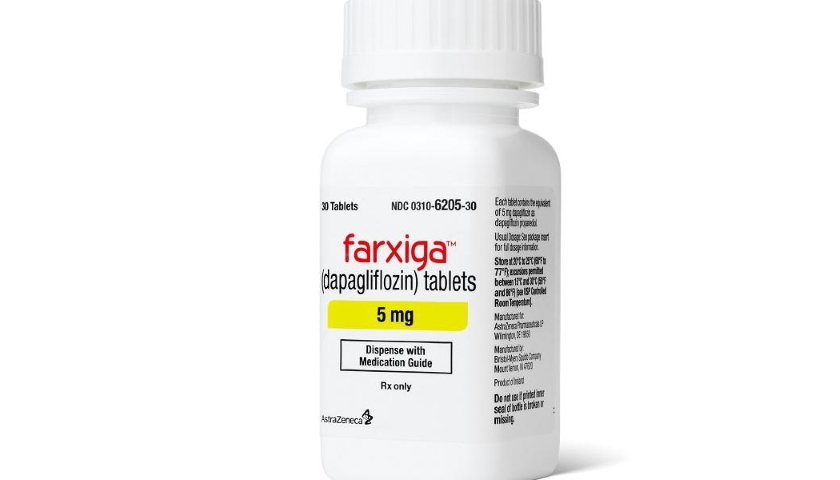AZ trumpets Farxiga survival data in renal disease at ESC 2020

AstraZeneca’s Farxiga is already ahead of rivals in the SGLT2 inhibitor field in heart failure, and now looks set to repeat that success in renal disease after reporting stellar results from the DAPA-CKD trial.
AZ halted DAPA-CKD in July after revealing that Farxiga (dapagliflozin) met its objective of slowing the worsening of renal function and cut the risk of death in patients with chronic kidney disease (CKD) with and without type 2 diabetes.
Now, detailed findings presented at the European Society of Cardiology (ESC) meeting over the weekend showed just how well the drug performed, and have the potential to “transform the standard of care” in patients with CKD, according to the trial investigators.
Adding Farxiga to standard therapy resulted in a 39% reduction in the composite measure of worsening renal function or death due to cardiovascular or kidney disease compared to placebo, DAPA-CKD’s primary endpoint. It also hit all secondary objectives, notably achieving a 31% cut in the chance of dying from any cause.
CKD is a progressive condition that affects almost 700 million people around the world, but has limited treatment options other than old drugs like ACE inhibitors and angiotensin 2 receptor antagonists. That unmet need prompted the FDA to award Farxiga fast-track status in CKD last year.
There were already signs from cardiovascular outcome studies that SGLT2 inhibitors like Farxiga and Boehringer Ingelheim/Eli Lilly’s Jardiance (empagliflozin) could preserve renal function in type 2 diabetics.
However, DAPA-CKD is the first large-scale trial to test an SGLT2 specifically in both diabetic and non-diabetic patients with CKD, and showing a clear and sizeable impact on survival goes beyond expectations.
Mene Pangalos, executive vice president of biopharmaceuticals R&D at AZ, who described the data as showing “overwhelming efficacy” when the top-line result was released in July, said that AZ would now be sharing the DAPA-CKD results with regulators around the world.
Farxiga is at the forefront of widening the use of SGLT2 inhibitors beyond their traditional role as treatments for type 2 diabetes.
The company already picked up approvals for Farxiga to reduce the risk of hospitalisation in heart failure patients with type 2 diabetes, and as a standalone treatment for heart failure with reduced ejection fraction (HFrEF) in patients with and without diabetes.
At ESC 2020 Boehringer and Lilly showed off positive results with Jardiance in in the EMPEROR-REDUCED trial in HFrEF that could allow it to challenge Farxiga’s first in class approval for that indication, with filings possible within the next few months. It also suggests that the impact of SGLT2 drugs in heart failure could be a class effect.
In the meantime, Farxiga looks on course to secure the first approval for an SGLT2 inhibitor in CKD as well, although Boehringer and Lilly are in hot pursuit, claiming a fast-track designation from the FDA for Jardiance in that indication in March.
The two partners are carrying out the EMPA-KIDNEY trial in CKD patients with and without diabetes, with results due in 2022 – unless like DAPA-CKD the trial is halted early.












